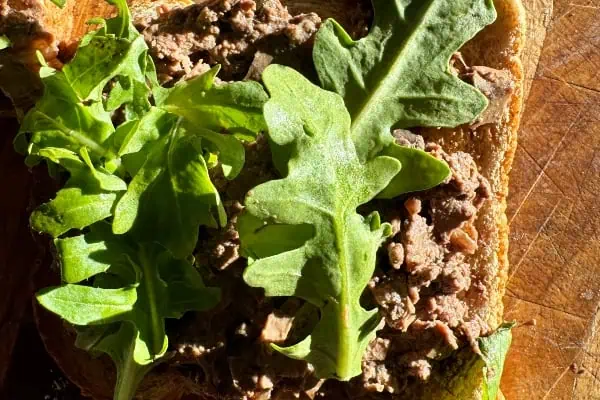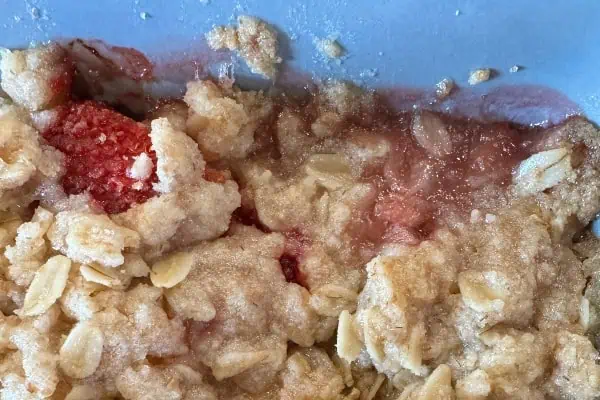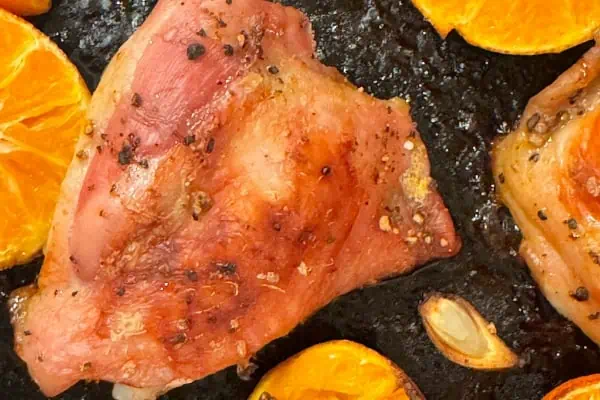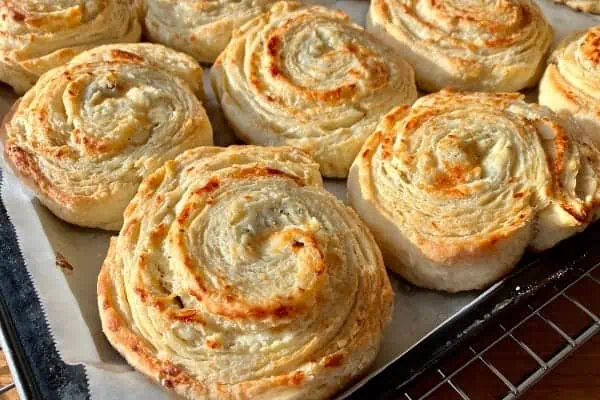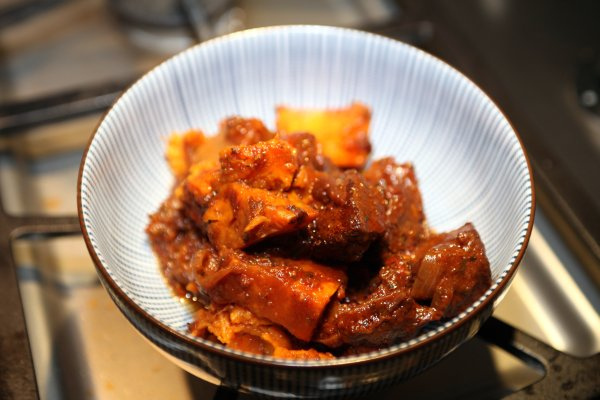
After a few years of effort trying to put this plan together, the Yukon is now up and running with a “Hunters For The Hungry” type of meat sharing program. “Hunters For The Hungry” is in place in all 50 states in the United States and a similar effort in about half of the provinces in Canada.
It is quite successful in all areas and in Texas, 9 million servings of venison have been provided to those in need.
In the Yukon, this is a cooperative effort with Conservation Officer Services, the Yukon Fish and Game Association and the Yukon Outfitters Association working together on this pilot version of the program.
The intent of this effort is to establish a simple way for hunters who wish to donate some of their harvested wildlife to those less fortunate. There are no butchering costs to the hunter for the donated meat. A hunting family may realize at the end of a hunt that they now have more wild meat than they can readily use.
In worst case scenarios, this can sometimes lead to meat wastage or spoilage due to “freezer-burn,” which is caused by poorly wrapped meat or simply being in the freezer for too long.
This new program is an opportunity to donate some or all of the meat thought to be more than needed. Donated meat may have been boned out by the hunter, but can only be processed (butchered and ground) by a licensed butcher.
This supports long standing hunter education efforts regarding the care and handling of wild meat and reinforces positive messaging regarding the intrinsic value of wildlife.
Availability of wild meat to those less fortunate, and also aboriginal dietary programs at Yukon hospitals, puts wild game meat onto more dinner plates enhancing the true value and respect for this lean and organic meat.
This first year effort involves only the Off The Hook butcher shop, with plans to involve other interested butcher businesses next year. At the time of writing this article, up to 2,000 pounds has been donated this season. Of that, 1,000 pounds of this has been processed into ground meat and has been distributed.
Ungulates (moose, caribou, elk, deer and bison) are the accepted meats; bear is not accepted.
There are some Environmental Health Services regulations regarding distribution of these wild meats. As an example, the uninspected meat can only be doled out to individuals, not to licensed kitchens in the Yukon. Only government inspected meat can be prepared for service to the public. The Whitehorse General Hospital’s First wild game program operates under a special authorization and will have more meat available through this new program.
Food banks or local governments can act as distribution centres provided the meat is only distributed to individuals. It is intended that the meat packages will be marked as uninspected and include minimum internal cooking temperatures before being eaten.
The NGOs involved are giving consideration to administering this program in the future. This would include developing promotional materials, communications strategies to hunters and the public and managing the finances such as repayment of licensed Yukon meat processors for the cost of cutting, processing, packaging and freezing meat donated to the program.

